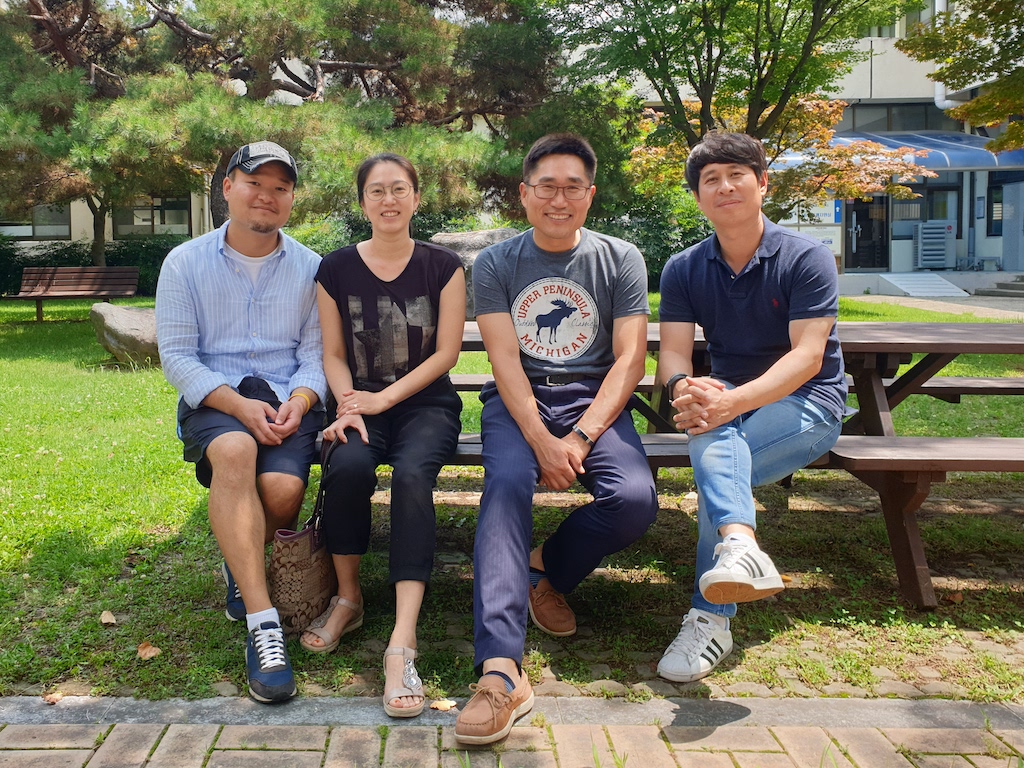South Korean Startup CellMEAT Raises US$4.5M To Scale & Lower Cultured Meat Production Costs
4 Mins Read
CellMEAT, a South Korean cultivated protein startup, has closed a ₩5 billion (approx. US$4.5 million) pre-Series A funding round. The firm says that the proceeds will go towards further R&D of its cell-based meat technology to scale up and cut costs, with the view to “make cultured meat a reality in South Korea”. So far, the company has already developed its proprietary animal-free cell-culture and cell-culture medium technology, which critically does not rely on fetal bovine serum (FBS).
CellMEAT has raised ₩5 billion (approx. US$4.5 million) in a pre-Series A financing round that closed in late January 2021, the company has announced. The funding was led by South Korean private equity and venture capital firm NAU IB Capital, with participation from a number of domestic and international investors including BNK Venture Capital, DT & Investment, Ryu Kyung PSG Asset Management, JNU Holdings, Yonsei Technology Holdings, and Baltimore, U.S.-based firm Knollwood Investment Advisory.
The startup, whose R&D centre is currently based in Chonnam National University (CNU) in the city of Gwangju and in Ewha Womans University’s Mokdong Hospital in Seoul, says that the funding will go towards its research to cut down its production costs and scale-up. So far, the two-year-old firm has developed its own cell-culture method and cell-culturing medium, which does not require the use of non-slaughter-free fetal bovine serum (FBS).
In order to produce cost-efficient cultured meat, we need to ensure that our cells can be cultured at a low price.
Giljun Park, CEO, CellMEAT
Commenting on the startup’s mission, CellMEAT CEO Giljun Park says that first and foremost, the goal is to dramatically lower the cost of production to compete with conventional meat, as well as further refining its technology to ensure that cell-based proteins can rival the taste and texture of its animal-based counterparts.
“In order to produce cost-efficient cultured meat, we need to ensure that our cells can be cultured at a low price. Additionally, further development of our technology is necessary in order to reproduce the physical texture and nature of meat,” explained Park.
Beyond that, the South Korean cultivated protein food tech also hopes to create an entire platform of cell-based meat analogues, including different cuts of animal meats. With cultured proteins currently only available in the Singapore market after regulators approved Eat Just’s cell-based chicken bites in December 2020, Park says the goal of CellMEAT is to make it happen in South Korea too.
CellMEAT’s technology has the potential to compete at a global level and we intend to make cultured meat production as a reality in South Korea.
Giljun Park, CEO, CellMEAT
“[We] intend to produce meat that includes the different varieties of meat parts within an animal. CellMEAT’s technology has the potential to compete at a global level and we intend to make cultured meat production as a reality in South Korea,” he said.
Speaking about the decision to back the company, Hyoung-Kook Lee, managing director of lead investor NAU IB Capital, said: “The current status of this technology suggests that the finished development of cultured meat in the U.S. as well as other countries is 5-6 years away, we believe that for the sake of food sovereignty in the future it is of great importance to secure the original technology in South Korea.”
“We have no hesitation towards investing in CellMEAT, which is a team that grasps the potential to compete in the global landscape with their technology,” Lee continued.
We believe that for the sake of food sovereignty in the future it is of great importance to secure the original technology in South Korea.
Hyoung-Kook Lee, Managing Director, NAU IB Capital
While the cell-based meat space in South Korea remains in its nascent stages, CellMEAT is now joined by a number of other startups who are too on a mission to bring more sustainable, traceable, reliable and ethical proteins to market in the country.
Seawith, for instance, is developing algae-based cell culturing technologies, including cells, scaffolds and media, which can be used to replace FBS. The startup, founded in 2019, is now also in the process of producing cell-based meat, which is slated to debut in a pilot tasting event by the end of 2022.
Another food tech, DaNAgreen, has adapted its initial biomedical scaffolding for cell-based meat production and at a price “a thousand times cheaper than the original”, the Seoul-based firm recently told Green Queen Media in an exclusive interview. scaffolds, DaNAgreen has set its sights on developing a line of cells, culture media and a cultivated meat bioreactor as well.
Lead image courtesy of CellMEAT.




